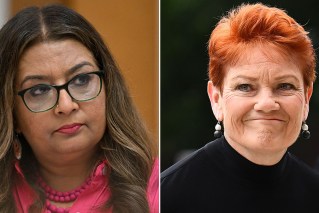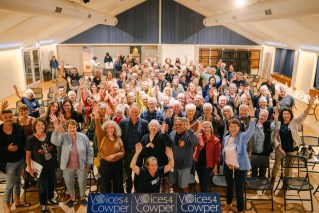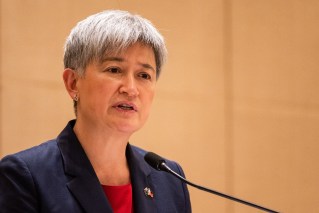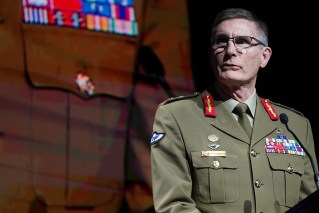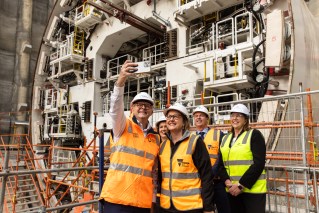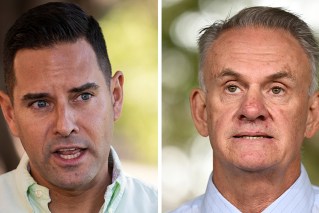Wavering ‘Yes’ campaign falters in Labor’s heartland

Working-class voters’ support for the Indigenous Voice to Parliament is ebbing away, new research finds.
The ‘Yes’ campaign has vowed to take the fight over the referendum to the parts of Australia where support for the proposed advisory body is weakest after polls showed it lagging in Queensland and Western Australia.
But a new poll suggests the rescue effort may also need to focus on Labor’s heartland.
Tweet from @KosSamaras
This weekend, a national poll of 1000 voters from the RedBridge group found a slim majority of Labor voters (54 per cent) support the Voice, a significant drop from previous peaks recorded by other pollsters.
It also found support was evaporating from the party’s traditional working-class base.
Only one-third of voters with annual incomes of less than $50,000 a year were voting ‘Yes’, the research found; a similar proportion was recorded for voters with TAFE qualifications or those who did not finish Year 12.
In the suburbs in Sydney’s north-west, such as Riverstone and Schofields, pollster Kos Samaras wrote that more than half of household incomes are spent on mortgage repayments after record interest rate increases.
“These voters may personally be OK with the Voice,” he said. “They indeed were last year.
“But we have been detecting growing resentment towards the political class appearing to spend large bandwidth on the Voice and not on them.”
Working-class voters still back Labor, a major study of the last election found, but its base has shifted from the old days and now includes support from voters with tertiary educations.
The gap between the motivations of its traditional base, motivated by economic security, and Labor voters inspired by a sense of social justice, was exposed in the 2017 referendum on same-sex marriage.
Two of the top five electorates with the strongest ‘Yes’ votes were inner-city electorates held by Labor, including Prime Minister Anthony Albanese’s seat of Grayndler, where support reached nearly 80 per cent.
But nine of the 10 electorates with the lowest levels of support were also in Sydney and were (then) held by Labor, where the ‘Yes’ vote averaged half as much.
Those seats ranged from those in western Sydney (Werriwa) to the electorate next door to Mr Albanese’s (Barton), which has a high ethnic and religious population.
Campaign in dire straits
Mr Samaras’s research paints the picture of a ‘Yes’ campaign in dire straits; it suggests voters currently do not find arguments about the referendum persuasive and become less likely to vote ‘Yes’ when they read them.
It also found some voters were more receptive to the ‘Yes’ campaign’s main arguments.
Half as many voters on incomes of less than $50,000 (8 per cent) nominated making people’s lives better as a reason to support the referendum as those on $200,000.
On Monday, an MP from one of those Sydney electorates that voted against the 2017 referendum, Jason Clare, the Education Minister and MP for Blaxland, may have had this in mind when arguing for the referendum in question time.
Mr Clare said Australians should back the Voice because it would redress an imbalance that sees more young Indigenous people find a place in jail than a university and at 10 times the cost to the government.
“It’s not easy; it’s hard,” he said. “But it’s worth it.
“It’s about building a country where no one’s held back and left behind.”

